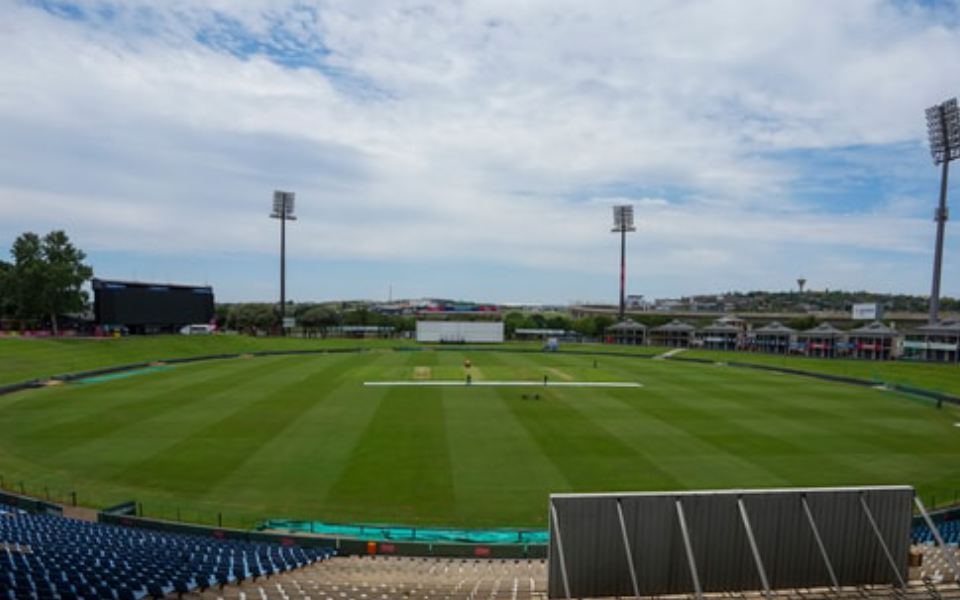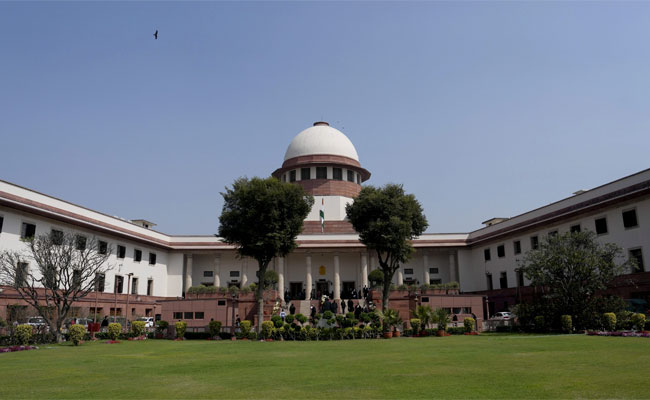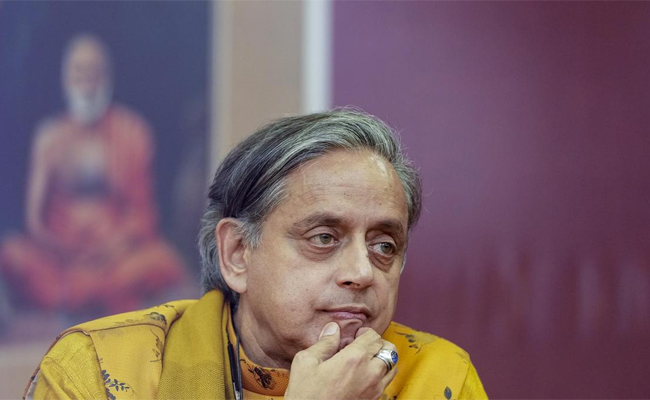London, Feb 10: A minimum of three-match Test series and the home team footing the bill of the visiting side in a bilateral contest are some of the recommendations made by the MCC's World Cricket Committee.
The World Cricket Committee of Marylebone Cricket Club, the custodians of laws of the game, met in Cape Town last week on the sidelines of SA20.
In a statement, the Committee rued the lack of a series decider in the drawn series between Australia and West Indies following the visitors' stunning win at the Gabba. India and South Africa too drew a fiercely contested two-match series in December.
"In support of the thrilling Test cricket currently being played and the importance of sustaining the traditional format of the game, the WCC recommends men's Test series be played across a minimum of three matches from the next ICC Future Tours Programme from 2028 (next cycle) onwards," said the Committee.
The WCC also highlighted the inequality among ICC member nations and stressed on the need for taking the game to unchartered territories.
"The game owes a debt of gratitude to India, with its insatiable thirst for cricket driving the wealth in the global game."
"However, this reliance upon India belies the fact that the game needs to identify new markets to ensure its global growth, at a time when media rights beyond the current cycle are by no means guaranteed."
"With this uncertainty identified and on the back of the momentum built through this year's ICC Men's T20 World Cup in the USA and Caribbean and the build up to the 2028 Olympics in the USA, the acceleration of the USA as a growth market for cricket would seem a natural consideration," it said.
"Absorb touring team costs in bilateral series"
Recently, West Indies Cricket CEO had claimed that the travelling expenses of its teams accounts for a chunk of the board's budget.
At the moment, the home team gets to keep all the media rights revenue generated from the series but the WCC wants the existing model to be reviewed.
"The WCC has long been aware of the game's global economics being heavily imbalanced and detrimental to touring teams who bear the cost of travel, whilst all revenue is retained by the host body based upon a historical expectation of quid pro quo' touring arrangements.
"With evidence emerging of this now creating inequalities the committee calls for this model to be reconsidered, with analysis to be conducted on the impact of home bodies absorbing these touring team costs as a way of redistributing income and adding greater context to all future bilateral cricket."
It also wants equal distribution of games over an FTP cycle.
"The committee also feels the imbalance of the current FTP unfairly impacts some nations by restricting where valuable content can be played in calendar windows.
"From the commencement of the next cycle in 2028, it would be preferable for a more equitable split of matches to provide a more balanced opportunity for nations to access key dates and opposition," the WCC added.
The chair of WCC is Sri Lanka great Kumar Sangakkara while the other members include Clare Connor, Kumar Dharmasena, Sourav Ganguly, Jhulan Goswami, Heather Knight, Justin Langer, Eoin Morgan, Ramiz Raja, Ricky Skerritt and Graeme Smith.
Let the Truth be known. If you read VB and like VB, please be a VB Supporter and Help us deliver the Truth to one and all.
New Delhi (PTI): The Supreme Court on Wednesday took suo motu cognisance of the contents of the class 8 NCERT textbook referring to corruption in the judiciary and termed it a matter of "grave concern."
A bench comprising Chief Justice Surya Kant and Justices Joymalya Bagchi and Vipul M Pancholi was urged by senior advocate Kapil Sibal that "children of class 8 are taught about corruption in the judiciary. This is a matter of grave concern."
The CJI said, "I will not allow anybody to defame the institution. Law will take its course."
He added, "As head of the institution, I have done my duty and have taken cognisance … This seems to be a calculated move. I won't say much."
Justice Bagchi said the book seemed to be against the basic structure of the Constitution.
The CJI said, "Please wait for a few days. Bar and Bench all are perturbed. All high court judges are perturbed. I will take up the matter suo motu. I will not allow anybody to defame the institution. Law will take its course."
Later, Justice Kant said that the top court has taken suo motu cognisance of the matter.
Corruption, massive backlog of cases, and lack of an adequate number of judges are among the "challenges" faced by the judicial system, according to the new social science NCERT textbook for class 8.
The section "corruption in the judiciary" in the new book states that judges are bound by a code of conduct that governs not only their behaviour in court, but also how they conduct themselves outside it.





